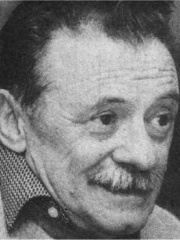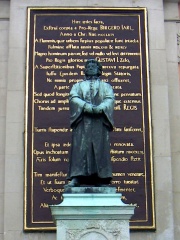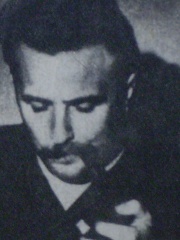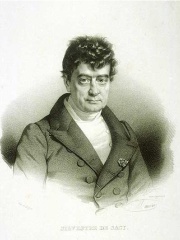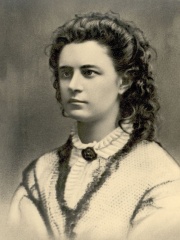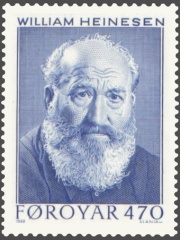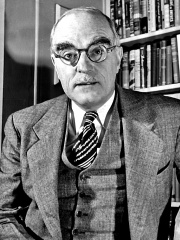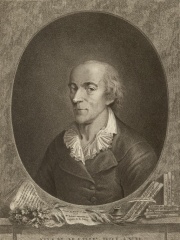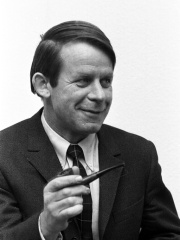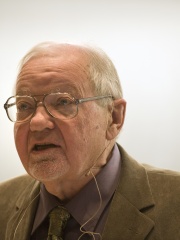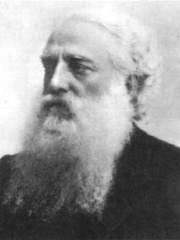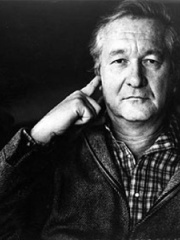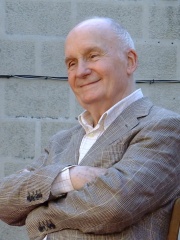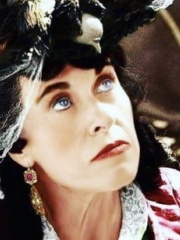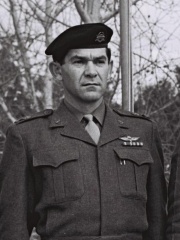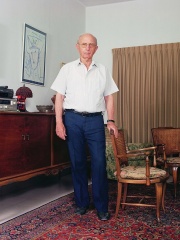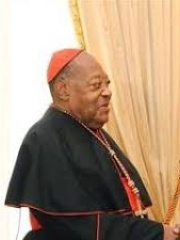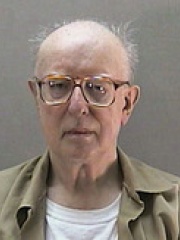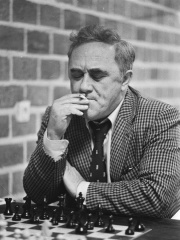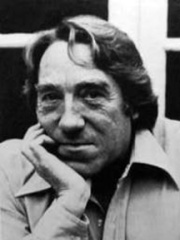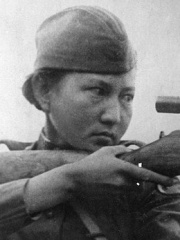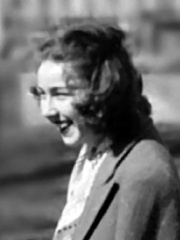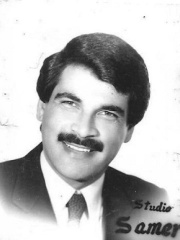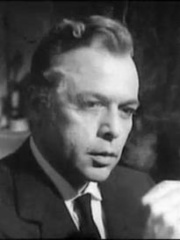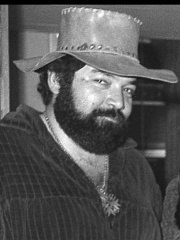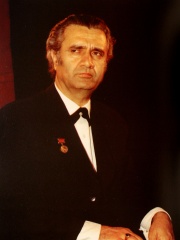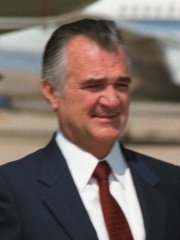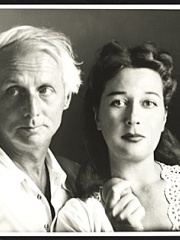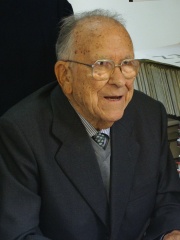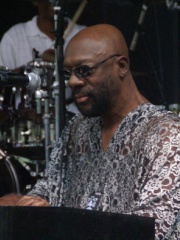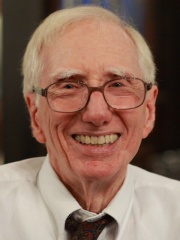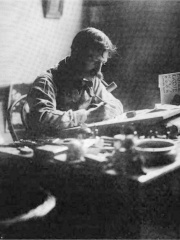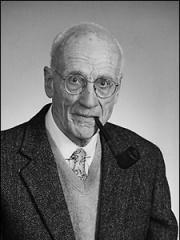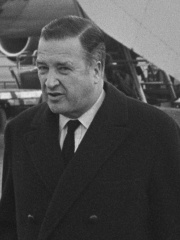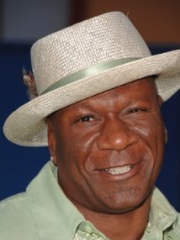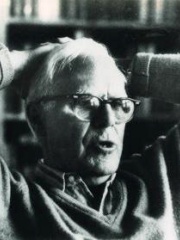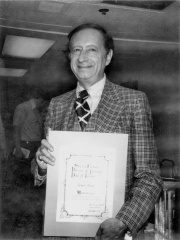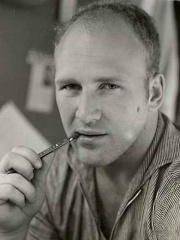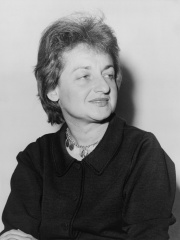Író
Gore Vidal
1925 - 2012
HU.WIKIPEDIA PAGE VIEWS (PV)

 Gore Vidal
Gore Vidal
Életrajza 64 különböző nyelven érhető el a Wikipédián (növekedés 63-ről 2024-ben). Gore Vidal a 1,507th legnépszerűbb író (növekedés a 1,625th-ről 2024-ben), a 2,188th legnépszerűbb életrajz Egyesült Államok országából (csökkenés a 2,014th-ről 2019-ben) és a 173rd legnépszerűbb Egyesült Államokból író.
Memorability Metrics
Page views of Gore Vidal by language
Among Író
Among író, Gore Vidal ranks 1,507 out of 7,302. Before him are Mario Benedetti, Olaus Petri, Régis Debray, Antoine Isaac Silvestre de Sacy, Lydia Koidula, and Jean M. Auel. After him are William Heinesen, Thornton Wilder, Jean-Marie Roland de la Platière, Siegfried Lenz, Fredric Jameson, and Henry Steel Olcott.
Most Popular ÍRó in Wikipedia
Go to all RankingsMario Benedetti
1920 - 2009
HPI: 65.25
Rank: 1,501
Olaus Petri
1493 - 1552
HPI: 65.25
Rank: 1,502
Régis Debray
1940 - Present
HPI: 65.25
Rank: 1,503
Antoine Isaac Silvestre de Sacy
1758 - 1838
HPI: 65.25
Rank: 1,504
Lydia Koidula
1843 - 1886
HPI: 65.24
Rank: 1,505
Jean M. Auel
1936 - Present
HPI: 65.24
Rank: 1,506
Gore Vidal
1925 - 2012
HPI: 65.24
Rank: 1,507
William Heinesen
1900 - 1991
HPI: 65.24
Rank: 1,508
Thornton Wilder
1897 - 1975
HPI: 65.24
Rank: 1,509
Jean-Marie Roland de la Platière
1734 - 1793
HPI: 65.23
Rank: 1,510
Siegfried Lenz
1926 - 2014
HPI: 65.22
Rank: 1,511
Fredric Jameson
1934 - 2024
HPI: 65.22
Rank: 1,512
Henry Steel Olcott
1832 - 1907
HPI: 65.21
Rank: 1,513
Contemporaries
Among people born in 1925, Gore Vidal ranks 110. Before him are William Styron, Michel Bouquet, Katherine MacGregor, David Elazar, Zvi Zamir, and Willi Herold. After him are Alexandre do Nascimento, John List, Efim Geller, Georges Delerue, Aliya Moldagulova, and Flannery O'Connor. Among people deceased in 2012, Gore Vidal ranks 88. Before him are Sergey Sokolov, Nayef bin Abdul-Aziz Al Saud, Assef Shawkat, Haji Mohammad Chamkani, Herbert Lom, and Paul L. Smith. After him are Alexander Arutiunian, Miguel de la Madrid, Maurice Herzog, Dorothea Tanning, Santiago Carrillo, and Meles Zenawi.
Others Born in 1925
Go to all RankingsWilliam Styron
WRITER
1925 - 2006
HPI: 65.68
Rank: 104
Michel Bouquet
ACTOR
1925 - 2022
HPI: 65.66
Rank: 105
Katherine MacGregor
ACTOR
1925 - 2018
HPI: 65.63
Rank: 106
David Elazar
MILITARY PERSONNEL
1925 - 1976
HPI: 65.62
Rank: 107
Zvi Zamir
POLITICIAN
1925 - 2024
HPI: 65.53
Rank: 108
Willi Herold
EXTREMIST
1925 - 1946
HPI: 65.50
Rank: 109
Gore Vidal
WRITER
1925 - 2012
HPI: 65.24
Rank: 110
Alexandre do Nascimento
RELIGIOUS FIGURE
1925 - 2024
HPI: 65.16
Rank: 111
John List
EXTREMIST
1925 - 2008
HPI: 65.14
Rank: 112
Efim Geller
POLITICIAN
1925 - 1998
HPI: 65.09
Rank: 113
Georges Delerue
COMPOSER
1925 - 1992
HPI: 64.98
Rank: 114
Aliya Moldagulova
SOCIAL ACTIVIST
1925 - 1944
HPI: 64.81
Rank: 115
Flannery O'Connor
WRITER
1925 - 1964
HPI: 64.80
Rank: 116
Others Deceased in 2012
Go to all RankingsSergey Sokolov
MILITARY PERSONNEL
1911 - 2012
HPI: 65.91
Rank: 82
Nayef bin Abdul-Aziz Al Saud
POLITICIAN
1933 - 2012
HPI: 65.86
Rank: 83
Assef Shawkat
POLITICIAN
1950 - 2012
HPI: 65.83
Rank: 84
Haji Mohammad Chamkani
POLITICIAN
1947 - 2012
HPI: 65.75
Rank: 85
Herbert Lom
ACTOR
1917 - 2012
HPI: 65.56
Rank: 86
Paul L. Smith
ACTOR
1936 - 2012
HPI: 65.29
Rank: 87
Gore Vidal
WRITER
1925 - 2012
HPI: 65.24
Rank: 88
Alexander Arutiunian
COMPOSER
1920 - 2012
HPI: 65.14
Rank: 89
Miguel de la Madrid
POLITICIAN
1934 - 2012
HPI: 65.12
Rank: 90
Maurice Herzog
MOUNTAINEER
1919 - 2012
HPI: 65.09
Rank: 91
Dorothea Tanning
PAINTER
1910 - 2012
HPI: 65.09
Rank: 92
Santiago Carrillo
POLITICIAN
1915 - 2012
HPI: 64.90
Rank: 93
Meles Zenawi
POLITICIAN
1955 - 2012
HPI: 64.82
Rank: 94
In Egyesült Államok
Among people born in Egyesült Államok, Gore Vidal ranks 2,188 out of NaN. Before him are Hugh McDonald (1950), Isaac Hayes (1942), Robert N. Bellah (1927), Alex Jones (1974), Jean M. Auel (1936), and William Wallace Denslow (1856). After him are Thornton Wilder (1897), Carl Keenan Seyfert (1911), Barrington Moore Jr. (1913), Blase J. Cupich (1949), Henry Ford II (1917), and Ving Rhames (1959).
Others born in Egyesült Államok
Go to all RankingsHugh McDonald
MUSICIAN
1950 - Present
HPI: 65.26
Rank: 2,182
Isaac Hayes
MUSICIAN
1942 - 2008
HPI: 65.25
Rank: 2,183
Robert N. Bellah
SOCIOLOGIST
1927 - 2013
HPI: 65.25
Rank: 2,184
Alex Jones
PRESENTER
1974 - Present
HPI: 65.25
Rank: 2,185
Jean M. Auel
WRITER
1936 - Present
HPI: 65.24
Rank: 2,186
William Wallace Denslow
ARTIST
1856 - 1915
HPI: 65.24
Rank: 2,187
Gore Vidal
WRITER
1925 - 2012
HPI: 65.24
Rank: 2,188
Thornton Wilder
WRITER
1897 - 1975
HPI: 65.24
Rank: 2,189
Carl Keenan Seyfert
ASTRONOMER
1911 - 1960
HPI: 65.24
Rank: 2,190
Barrington Moore Jr.
PHILOSOPHER
1913 - 2005
HPI: 65.23
Rank: 2,191
Blase J. Cupich
RELIGIOUS FIGURE
1949 - Present
HPI: 65.23
Rank: 2,192
Henry Ford II
BUSINESSPERSON
1917 - 1987
HPI: 65.23
Rank: 2,193
Ving Rhames
ACTOR
1959 - Present
HPI: 65.23
Rank: 2,194
Among Író In Egyesült Államok
Among író born in Egyesült Államok, Gore Vidal ranks 173. Before him are Dan Simmons (1948), James Tiptree Jr. (1915), Martin Gardner (1914), Robert Bloch (1917), Robin Hobb (1952), and Jean M. Auel (1936). After him are Thornton Wilder (1897), Fredric Jameson (1934), Henry Steel Olcott (1832), Ken Kesey (1935), Erich Segal (1937), and Betty Friedan (1921).
Dan Simmons
1948 - Present
HPI: 65.38
Rank: 167
James Tiptree Jr.
1915 - 1987
HPI: 65.33
Rank: 168
Martin Gardner
1914 - 2010
HPI: 65.32
Rank: 169
Robert Bloch
1917 - 1994
HPI: 65.28
Rank: 170
Robin Hobb
1952 - Present
HPI: 65.28
Rank: 171
Jean M. Auel
1936 - Present
HPI: 65.24
Rank: 172
Gore Vidal
1925 - 2012
HPI: 65.24
Rank: 173
Thornton Wilder
1897 - 1975
HPI: 65.24
Rank: 174
Fredric Jameson
1934 - 2024
HPI: 65.22
Rank: 175
Henry Steel Olcott
1832 - 1907
HPI: 65.21
Rank: 176
Ken Kesey
1935 - 2001
HPI: 65.21
Rank: 177
Erich Segal
1937 - 2010
HPI: 65.15
Rank: 178
Betty Friedan
1921 - 2006
HPI: 65.14
Rank: 179
